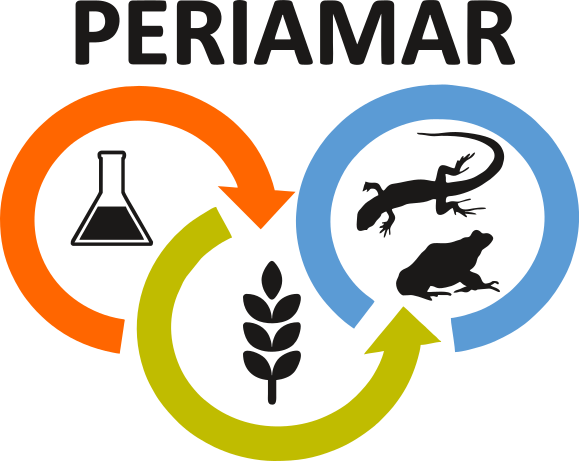 Geographical Information Systems with R (using R as a GIS)
Geographical Information Systems with R (using R as a GIS)
Online: July 20-22, 2021
Do you know how to work with spatial data? Do you need to use a GIS but you cannot buy a professional software? Do not worry, there are many alternatives of freeware GIS that are at least as good as the professional solutions. However, it is not so well-known that you can use the famous programming language R as a GIS too.
This Training School of nine hours will teach you across three days the basics of using R as a GIS. By the end of this practical course, participants will have the capacity to visualise, map, and analyse spatial data, in vector as well as in raster format. This course is orientated to any student and researcher working on any discipline using spatial data. Participants will receive a diploma of attendance, copies of presentations and materials used.
Course Syllabus
This course will be practical. All spatial processes and analyses will be performed with R, which is free and open-source software and allows automated and fully reproducible workflows. Participants will learn to import different types of spatial data, visualise the data, perform spatial analyses, and represent the results in thematic maps.
Day 1 (July 20): Spatial data basics
- R as GIS & main packages
- Getting spatial data
- Import & export spatial data
- Creating spatial data
- Referencing spatial data
- Rasterize & vectorise
- Plotting spatial data
Day 2 (July 21): Vector functions
- Attribute selection
- Subsetting
- Search by attribute
- Search by location
- Geoprocessing tools: clip, merge, buffers, union, intersection, dissolve
- Line length & polygon area calculation
- Convex hull
- Centroids
- Delaunay triangulation
- Voronoid polygons
- Distance calculation
Day 3 (July 22): Raster functions
- Select, add, drop, and stack/brick layers
- Select layers and raster queries
- Raster algebra
- Raster geo-processing tools: crop, mask, aggregate, disaggregate, resample
- Raster statistics
- Raster distance
- Reclassify
- Topographical tools
Lectures will take place during morning hours (CET).
Recommended Background
Basic knowledge in R and GIS is required. It is recommended to use RStudio as editor software of R.
Course Format
The Training Schoold will be online though Zoom platform and will be taught in English.
Eligibility
Trainers should come from a COST country (regardless of whether it has joined PERIAMAR or not) or from one of the Near Neighbour Countries having joined PERIAMAR.
Registration
As a COST Action-organised Training School, there are no registration fees. If the number of applications is above the number of avaiable trainer seats, a selection of trainers will be performed on the basis of expressed motivations and considering COST rules for inclusiveness, gender equality, and country balance. To register to the Training School, complete the REGISTRATION FORM and send it by email to info@periamar.com no later than july 7th.
Lecturer
Neftalí Sillero
Centro de Investigação em Ciências Geo-Espaciais (CICGE)
Faculty of Sciences University of Porto
neftali.sillero@gmail.com
